Work is no longer about a place you work from, nor is it about a job you and your people do — it has transformed into a process that happens through people and platforms to achieve real business results.
In a recent article in the MIT Sloan Management Review called “Are You Ready to Lead Work Without Jobs?” by Ravin Jesuthasan and John Bourdeau, the authors assert that the new world of work will require new ways to think about leadership and talent. Organizations will be challenged to adapt leadership practices and explore evolved leadership languages throughout the organization to meet these new demands.
In the new world of work, tasks within organizations are integrated into smaller iterations of skills and tasks, performed by a variety of workers and technologies, from collaboration software to artificial intelligence and data points. This evolution has been rapid, and oftentimes overwhelming. These rapid changes are challenging leaders to adjust how they influence the process of pursuing common organizational goals. The more progressive organizations today need a talentforce where everyone — from the C-Suite to individual contributors — will demand effective leadership skills that fluidly adapt to shifting strategies and performance goals.
“This will require a profound change in the mindset and behavior of leaders,” say the authors of the article. “Workers will increasingly be identified not as holding a specific job but as possessing a set of skills and talents that can be applied wherever the organization may need them.” In recent years, there has been an evolution from specialist to generalist contributors in organizations. Leaders in many industries are encouraging individuals to become less focused on one or two skill sets, and putting a premium on individuals and teams that consist of generalists that can effectively perform many roles, through various platforms, to meet the rapidly shifting demands of a 21st-century economy.
Same Principles, Evolved Practices
Some of the basic functions of leaders may remain the same: strategic leaders setting and announcing organizational objectives, and operational leaders figuring out how to carry out that strategy through team and individual goals. However, managers and team leaders now need to adjust to quickly and effectively implementing strategy through people and platforms.
This shifting mindset is resulting in leaders “less [concerned] by title and credentials and more by achievements and character: What have they done? How have they done it? What are they capable of doing? As we consider the new operating system further, it calls for strengthening and adapting some traditional leadership skills and building some new ones,” say the authors.
The new model of work and organizational structure that’s taking shape right now is why we built Inspire Software: To develop leaders at all levels, integrating core aspects of leadership development and continuous performance management through objectives and key results (OKRs), goals, learning, feedback, and recognition as a means to effectively align organizational strategy and success with individual engagement and high performance.
To be better prepared for “work without jobs,” we recommend following a few best practices for developing leaders through the entire organization.
Focus on strategy execution through goals and OKRs
The holy grail for executive leaders is to establish the strategy for the organization and then execute that strategy through their people. As organizations become more fragmented, this will become more difficult to manage effectively.
Leaders therefore need not only a technology system to integrate strategy to execution, but they also need an operational system that aligns the entire workflow to do so, which is why we support OKRs for setting and achieving goals. We believe OKRs provide a solid framework for strategy execution for any size organization when done through an effective performance process.
For more details on OKRs, see our e-book with Paul Niven, bestselling author and global OKRs consultant, “The ABCs of OKRs.”
Integrate a culture of learning with leadership and performance
As the pace of business advances, it’s critical that leaders help their people continue to learn and a means to develop skills and maintain healthy levels of engagement. They need new skills, access to new information, and ways to propel their careers as they acquire new knowledge and achieve their goals.
You know the importance of instilling a culture of learning. However, what’s often missed is how learning integrates with individual performance. Learning can’t happen in a vacuum — it has to take place in the flow of the work process.
Give continuous feedback and recognition to inspire your people
Another aspect of goals and OKRs that’s often overlooked is what’s known as CFRs — Conversations, Feedback, and Recognition. By continually cultivating meaningful conversations, feedback, and recognition related to OKRs and organizational strategy, you optimize the goals and learning your employees have been working toward.
Meeting the Challenge
As you and your organization learn to adapt to the new norms of work, you will be challenged to bring all of your most important growth and development needs into one seamless process. That process will come down to how you help your leaders adapt to all of the rapid changes taking place, by adopting new models and means for influencing others toward your most important business objectives.
We’d love to talk more about how you can use Inspire Software to build the organization of the future and execute on your strategy. If you need help bringing all the pieces together to succeed in 2021, let us know how we can help support your quest to thrive in the new world

